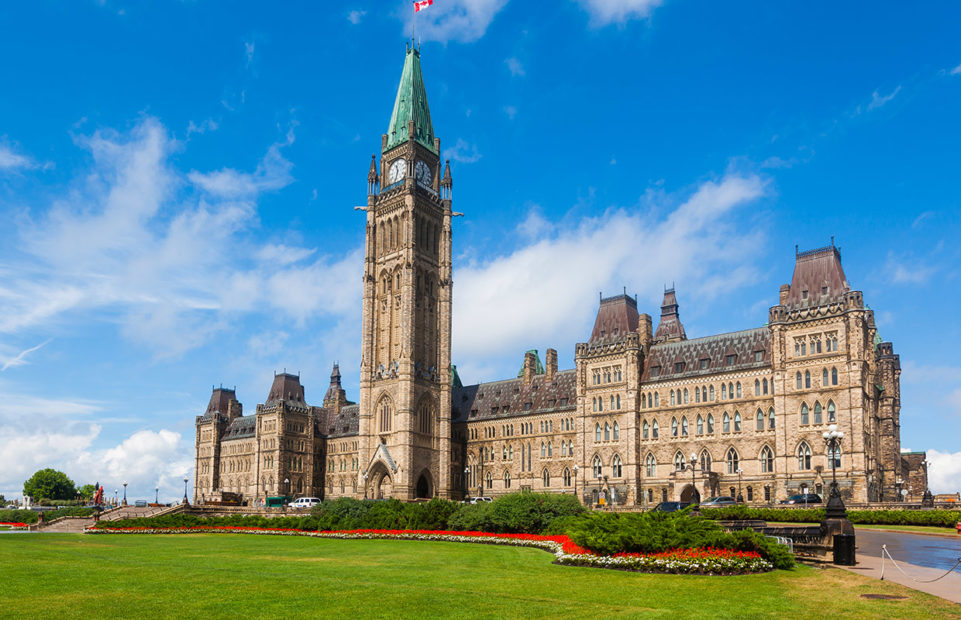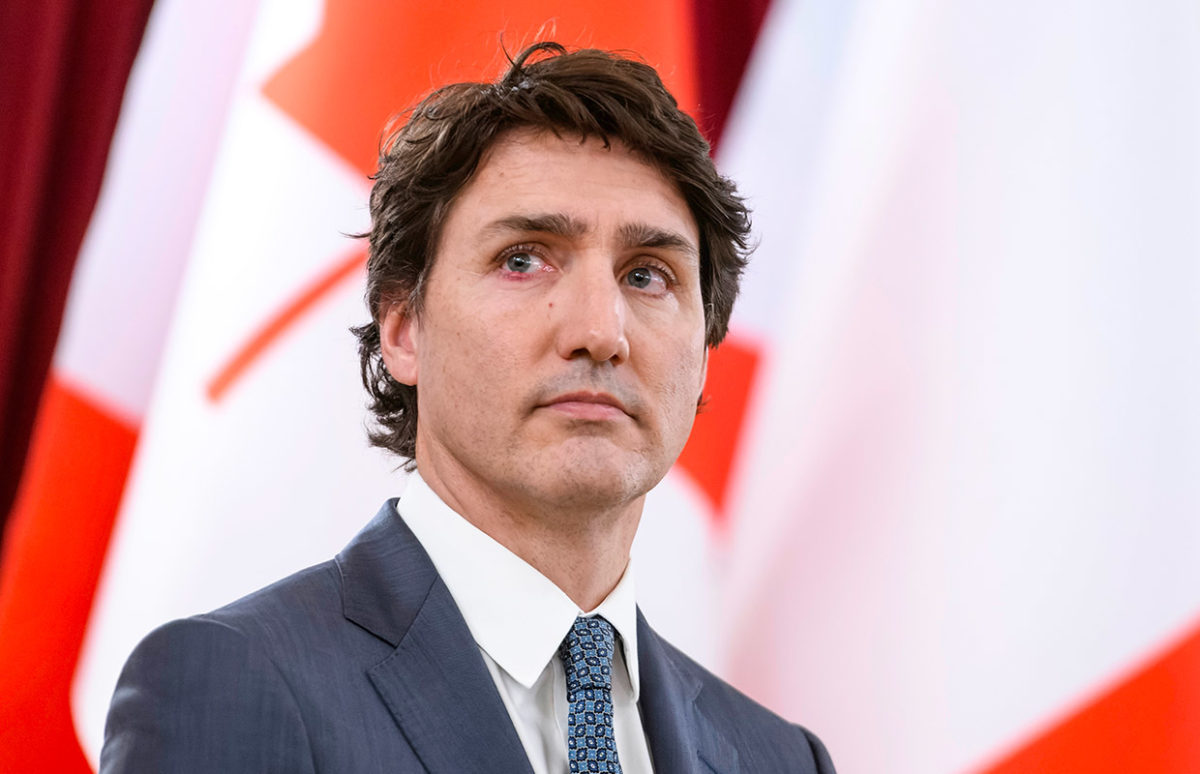After nine years at the head of the country, Prime Minister Justin Trudeau stepped down as leader of the Canadian Liberal Party on Monday, following months of internal struggles in the party. His resignation may have come too late to allow his successor to successfully lead a campaign for re-election, which must be held by 20 October.
Justin Trudeau, son of former Prime Minister Pierre Trudeau, swept to a landslide victory in 2015. But since the 2019 election, the Liberals have led a minority government. A snap election in 2021 didn't help and in recent months the party has lost further seats in by-elections, when an MP has died or resigned. Ethics scandals, part of their handling of the Covid 19 pandemic, inflation and the cost-of-living crisis have all led to the Liberals plummeting in opinion polls.
With a general election on the horizon, Mr Trudeau had been facing mounting opposition in his own party, which clearly felt it couldn't win with him as leader. His resignation seemed inevitable after the mid-December resignation of Deputy Prime Minister Chrystia Freeland. She criticised Trudeau for not doing enough to address the "grave challenge" posed by Donald Trump's threat to impose trade tariffs on Canada after his inauguration. Trump has said he'll impose 25% import tariffs unless Canada increases security on the Canada-U.S. border.
Next Steps
Trudeau will stay on as Prime Minister until the Liberal Party elects a new leader. He has asked the Governor General (the representative of King Charles) to prorogue Parliament till 24 March, stopping parliamentary business.
There are several potential candidates to lead the party. The front runners seem to be Chrystia Freeland, and several ministers including Anita Anand, François-Philippe Champagne, Mélanie Joly and Dominic LeBlanc, as well as former head of the Bank of Canada and Bank of England Mark Carney.
But the leadership role looks like a poisoned chalice. The future leader is likely to have to head into an election either at the end of the prorogation in March, if they can't defeat a no confidence vote, or, at best, in October. Either way it seems unlikely they could defeat Pierre Poilievre's Conservative Party, which is far ahead in the polls.

Did You Know?
The Canadian parliamentary system was inherited from the British, with some differences.
| Canada | UK | |
| Population | 38 million | 65 million |
| Head of state | King Charles III (represented by the Governor General) | King Charles III |
| Head of Government | Prime Minister | Prime Minister |
| Parliament | Known as the Centre Block, in Ottawa | Known as Westminster, in London |
| Appointed upper house | Senate | House of Lords |
| Elected lower house | House of Commons | House of Commons |
| Elected members | 338 Members of Parliament (MPs) represent ridings. | 650 Members of Parliament (MPs) represent constituencies. |
Copyright(s) :
paparazzza/Shutterstock
Maurizio De Mattei/Shutterstock
> Canada Elections: Status Quo
> All Around Canada to Celebrate 150 Years
> Terrible Legacy of Canadian Residential Schools
> Prime Canadian
> Celebrating Canada
> A First Nations Schoolgirl Inspires a New Canadian Celebration






